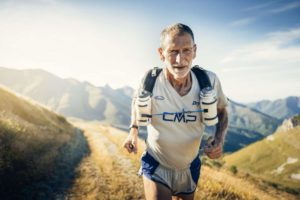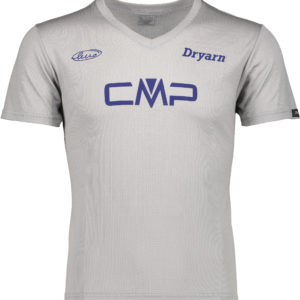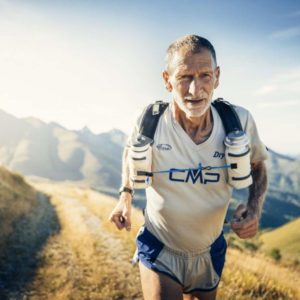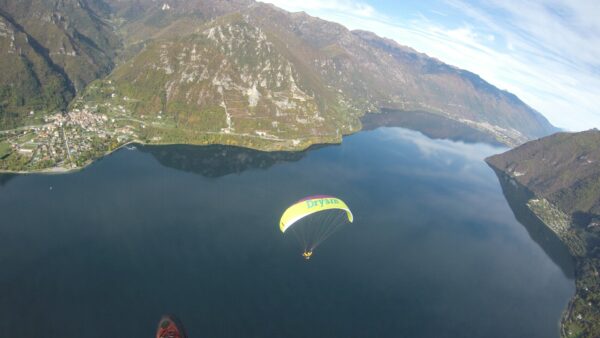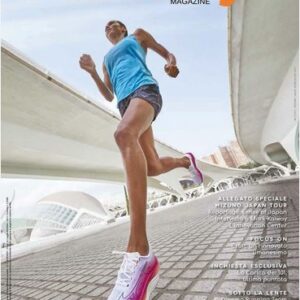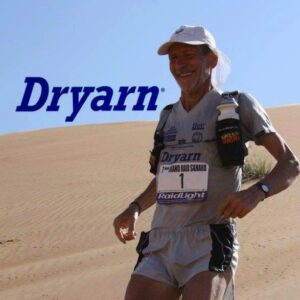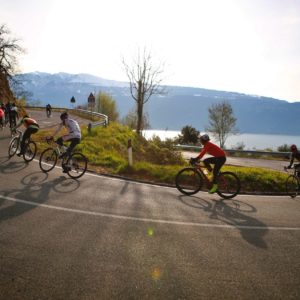Here is an extract from an interview by Valerio Dutto of cuneotrekking.com with champion Marco Olmo.
Enjoy!
“Four chats with Marco Olmo, an ultramarathon legend
Marco Olmo needs no introduction. Although he does not like the term, I call him an “outsider” as at nearly sixty, retired, without a trainer or support team, he managed to win the most important and demanding ultramarathon in the world, the Ultra-Trail du Mont-Blanc (known to everyone simply as the UTMB) twice. We are talking about a 160-kilometre race with 8,900 metres of ascent, which he completed in just over 21 hours, ahead of professional athletes half his age.
I leave Marco to choose where to meet me and he suggests the Prato del Soglio, a panoramic viewpoint exactly halfway between our homes. As we chat, I don’t dwell too much on what he has said in his books, which I recommend to anyone who wants to get to know him better, but I try to satisfy my curiosity about such a fascinating character.
Who is Marco Olmo?
I was born in ‘48 into the poverty that the war had left in these mountains. In Robilante, we made our living from the chestnut tree, which was for us simply the “arbu”, the tree. We went to school and then to the pasture: at that time life was wretched for us mountain boys. There were luckier people in the village: they would go to the oratory and play football. We would go down to the pitch in clogs. Over the years, I moved from the countryside to be a woodcutter, then a lorry driver before finally working in a quarry for Buzzi Unicem. When I was twenty-seven years old, I had the great idea of taking part in a race at Le Piagge; it was a challenge among friends. I started taking part in local competitions and meanwhile I married Renata. In the early 80s, with a more stable job at Buzzi Unicem, I started training seriously. In winter, I would do cross-country and downhill skiing, to the point that in ‘85 I won the Tre Rifugi skiing race with Dario Viale. I did a few mountain races, but people got to know me in ‘96 when I was on television during the first Marathon des Sables. My high point came in 2006 and 2007 when I won the UTMB two years in a row.
You have always been an outsider. Working on your own, quietly, without trainer or support team. Yet you managed to achieve amazing results.
I wouldn’t say I was an outsider, because when I did the UTMB I had already won the Grand Raid du Cro-Magnon five or six times, the Desert Cup four times and had three podium finishes in the Marathon des Sables. All those were competitions organised by the French, who knew me very well: “il arrive Marcò” (Here comes Marco) they would say. Winning the UTMB was not a surprise.
Are you competitive?
Yes, I am very competitive, in everything, and always have been. When I was small, my parents used to say that I couldn’t do anything: “dësgrupte”, find something to do. I always had to prove that I was up to it. I don’t have brothers or sisters; if I had, the competition would have been even greater.
How do you manage, I won’t say to win, but to complete such demanding races?
With a lot of sweat. I have struggled so much on these paths. Every win produces at least a hundred litres of sweat, maybe two hundred. Not to win a medal, but to get to the start.
To get to the UTMB you have to start a long way away. It isn’t a matter of waking up and winning it after six months. You must also have gifts which, not to boast, not everyone has.
In your opinion, what do you need? A mixture of legs, hearts, lungs and mind?
I’m not a thoroughbred, I’m a mule. However, I have determination and a mix of all these things which can enable even someone with mediocre skills to win. If I had to run a 10,000 metre race on the flat, I would come nowhere; I would take 35 minutes at most to run it. On the track, the few times when I have set foot on one, I would run for half an hour at 3:30 pace, and it would kill me. But I cope over long distances. The French used to say that I didn’t have the pace of a conqueror, but just wore down my adversaries.
They say that you never stop.
During the early UTMBs, the athletes would stop a bit longer at the aid stations. Now, they barely stop. Even I would only stop long enough to take enough food to get to the next aid station.
I imagine you need incredible self-control.
You train your mind as you train your legs. The first time, you feel it is impossible, but then you get into the habit. Your mind helps you, but your legs have to carry you. I compare it to a Formula 1 driver: he counts for 20%, the remaining 80% is the machine. Now, I can think what I want, but at seventy-four years old, I am no longer going anywhere.
Niki Lauda was not a spectacular driver, but he got to the end. When you run, you are driver, machine and mechanic. You have to measure your energy well and have a lot of luck: in such long races, anything can happen.
In the 2006 UTMB, when I moved to the front at the start of the Bovine climb, I said to myself, “this is the opportunity of your life, manage it well.” That is where your mind counts, you need to keep a cool head and not get excited, not push too much, not make a mistake. The UTMB is not a Sunday afternoon competition; it’s the Olympics. In such a race, when you pass an adversary, you have to demolish him, make him lose heart. It’s like in boxing: when your adversary is in trouble, you have to give him the coup de grâce.
Today, there are young people who start sports from a very young age. You always had another job.
Because I made the choice to train; if I had been forced to do it, I wouldn’t have done it. It would have been a job; I would have got fed up.
Today, is it still possible for a 59-year-old to win the UTMB?
I think it would be hard: everything has improved; young people receive targeted training from a very young age based on heart rate. Someone says, “you had experience.” Yes, but I also was quite old. Behind my house, there is an ascent that I could climb in 45 minutes when I was forty; ten years later I had lost 5 minutes, 10%. You will see what your legs become after you’re seventy.
When I was twenty years old and a lorry driver, I would move cement bags weighing fifty kilos. I would carry a eighteen thousand kilos in an hour and a half. Today, I couldn’t move a hundred. Experience counts, but octogenarians do not win the Olympics. It is the young with the power to whom trainers pass on their experience.
Would you have liked to have been born later and compete against Kilian Jornet?
I would have liked it if Kilian had been born in ‘48, had been a woodcutter and then we had met when we were 59 years old at the UTMB.
Kilian is a great athlete, but he has achieved records that personally I don’t appreciate. I achieved mine starting from home and climbing to the top of the Argentera. It wasn’t yet the ages of social media and I don’t say the age – that’s one of my things. They make it public when they have a bib number, when there are judges, a start, a finish and control points. I only remember that when I was on the lower slopes of the Terme di Valdieri a boy passed me with a trial bike, which he parked seven kilometres later at the Pian della Casa del Re. I overtook him shortly before the Remondino refuge.
When you run, you are extremely minimalist; you don’t carry a gram more than necessary. And in your running, we see economy of movement, saving of energy.
When you don’t have much to spend, you try to spend little. It’s like saying: I have €1,000 and want to go on holiday for a week. If you manage it well, you will get to the last evening and be able to treat yourself to a nice dinner; if you manage it badly, you will end up sleeping under a bridge.
When I run, I have to be the weak link; all the rest must work well. At one time, I was criticised for what I wore. I didn’t have a technical sponsor; I dressed the way I liked. Now I am sponsored by CMP and Dryarn” […]
Read the whole interview here: https://cuneotrekking.com/2022/02/02/quattro-chiacchiere-con-marco-olmo-leggenda-dellultra-trail/?fbclid=IwAR2ZyGZtqmDsIe3wcZOMGRprGe82xj7GYOHzlfdgE0xyg_2uUgzMkSbB5Z4


